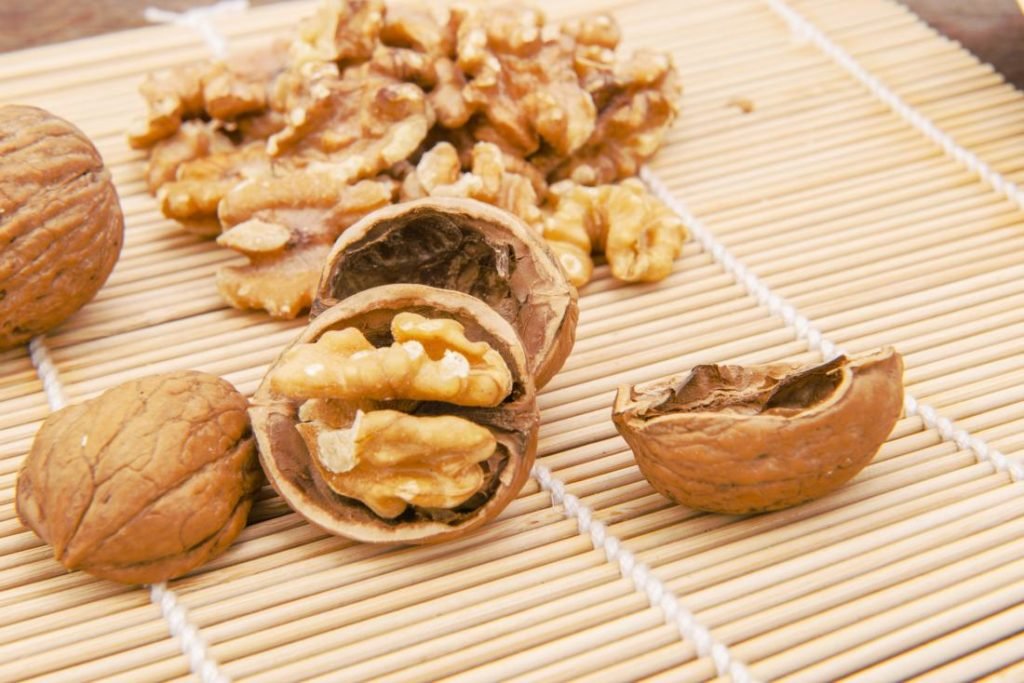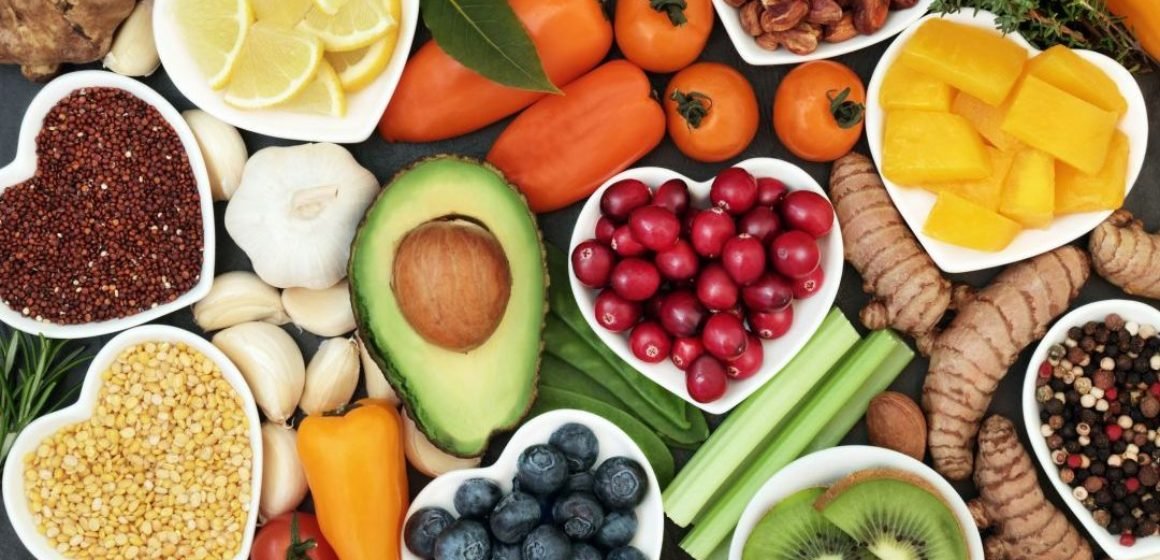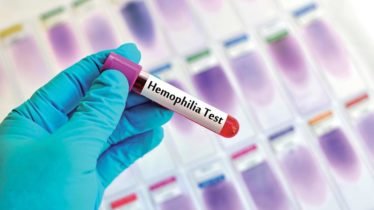Foods That Help Prevention of Stroke
Stroke occurs as a result of a decrease or blockage in the blood supply to the brain. A stroke occurs when a vessel blockage or bleed interrupts or reduces the source of blood to the brain. When this happens, the brain receives insufficient oxygen and nutrients, and brain cells begin to die.
A stroke is a type of cerebrovascular disease that affects the blood vessels that supply oxygen to the brain. Damage to the brain may begin if it does not receive enough oxygen.
Although many strokes are treatable, others can be fatal or cause permanent disability. Addressing the underlying causes and taking preventive measures are the most effective ways to avoid a stroke.
Although no food can prevent a stroke, people with poor eating habits are more likely to develop a diversity of chronic diseases, such as hypertension, type 2 diabetes, and high cholesterol, all of which can increase the risk of having a stroke.
However, I will outline some foods that can aid in stroke prevention:
1. Avocados

High sodium intake is the main contributor to high blood pressure, which can lead to stroke.
Including more guacamole in your diet may help reduce your chances of having a stroke.
One cup of pure avocado contains approximately 1,116 milligrams of potassium, equivalent to 24% of a daily requirement. Avocados are full of heart-healthy fatty acids capable of decreasing inflammation.
2. Pumpkin Seeds

Pumpkin seeds are another high-magnesium food. One ounce of these dried seeds contains 168 milligrams of the mineral, approximately 53% of the daily requirement for women and 40% of the daily necessity for men. However, that is not the only crucial nutrient it contains.
These seeds are packed with nutrients like protein, magnesium, potassium, and polyunsaturated fats. They are naturally high in antioxidants, which can help to reduce inflammation and thus the risk of stroke, heart disease, and cancer.
3. Watermelon

Watermelon is a fruit that contains a lot of lycopene. According to a study, people with prehypertension who ate watermelon saw their blood pressure drop. As previously stated, high blood pressure is related to stroke.
4. Walnuts

One ounce of walnuts contains a source of omega-3 fats (which is about seven nuts). Several studies conducted over the years have linked nut consumption to lower blood pressure and cholesterol levels. Walnuts, in particular, are high in polyunsaturated fats such as alpha-linolenic acid. This type of omega-3 fatty acid has anti-inflammatory properties.
For this and much more Information relating to employability skills, employment opportunities, career advancement, and entrepreneurship development; Join our Telegram and WhatsApp groups, and also follow us on Instagram, Twitter and Facebook.



